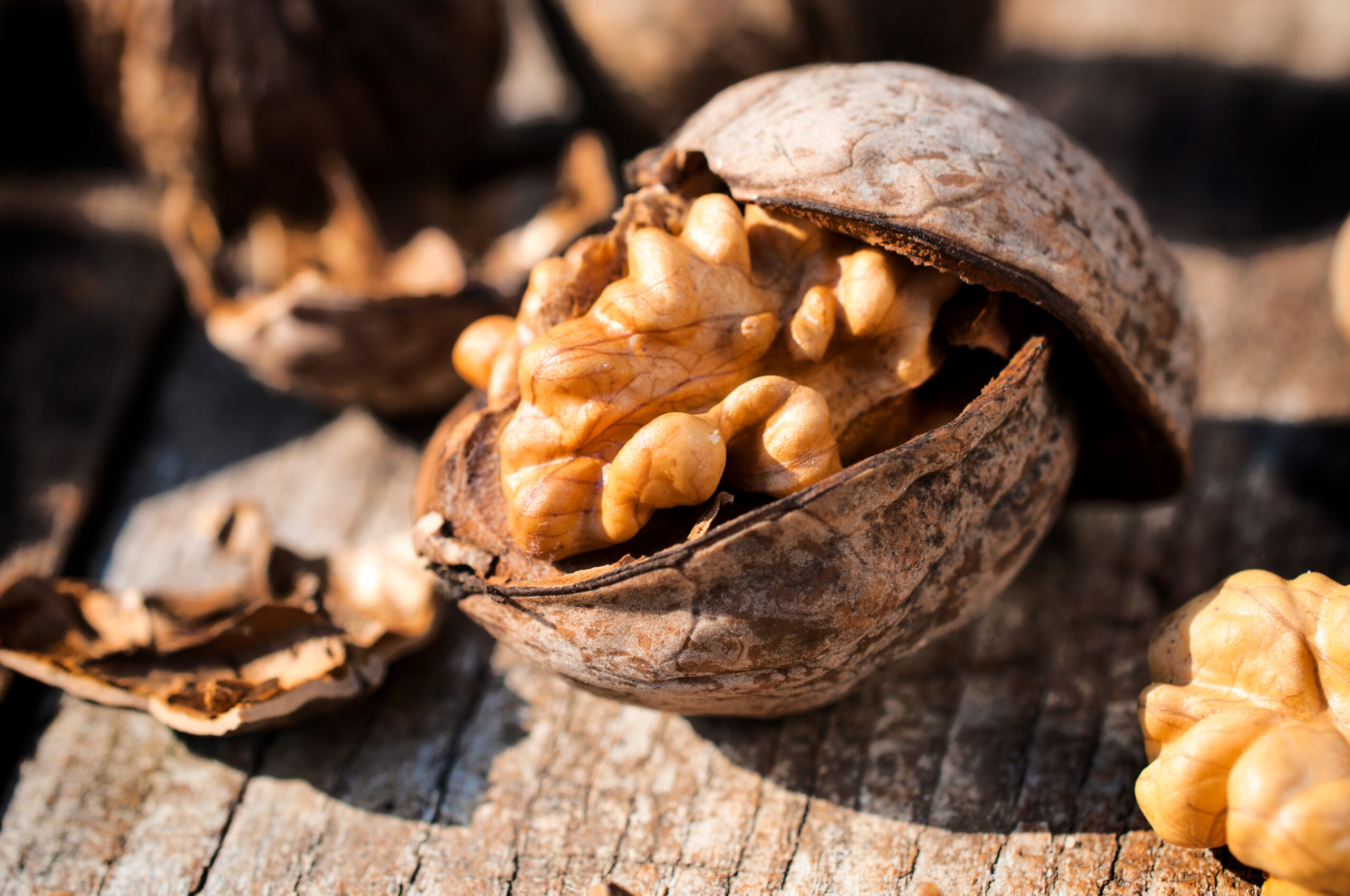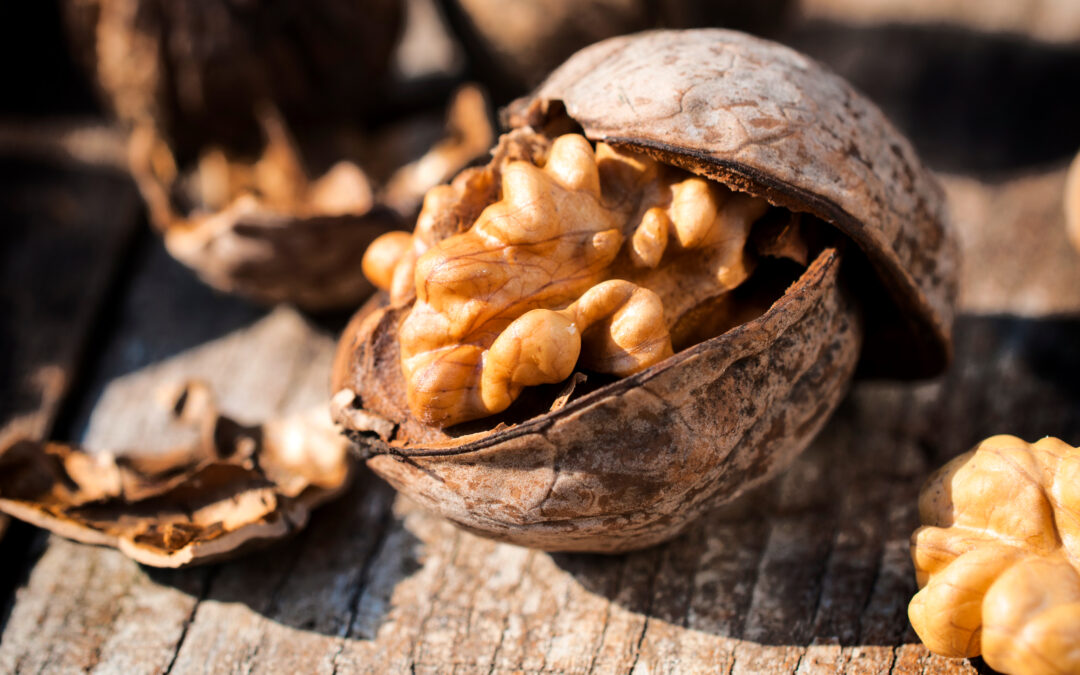Organic gardening is a growing trend that has been gaining popularity in recent years. It involves growing plants without the use of synthetic fertilizers, pesticides or genetically modified organisms (GMOs). Instead, it relies on natural methods such as composting, crop rotation, companion planting, and biological pest control to grow healthy crops. In this blog post, we will explore the joy and benefits of organic gardening, including why you should try it, how to get started, tips for success, and inspiring stories from experienced organic gardeners.

Introduction to Organic Gardening: What it is and Why You Should Try It
Organic gardening is not only good for your health but also great for the environment. By using natural methods to grow your food, you are reducing your carbon footprint by eliminating the need for chemical-based products. Additionally, organic produce contains more nutrients than conventionally grown fruits and vegetables, making them much healthier for consumption. With organic gardening, you have complete control over what goes into your soil and ultimately onto your plate. This means no unwanted chemicals or GMOs that can harm both humans and animals.
The Benefits of Growing Your Own Food: Nutrition, Cost-Savings, and Environmental Impact
One of the most significant advantages of organic gardening is cost savings. When you grow your own food, you eliminate the need to buy expensive groceries at the store. Additionally, organic produce tends to last longer than conventional produce because it was picked ripe and fresh. Another benefit of organic gardening is the environmental impact. By choosing natural methods to grow your food, you reduce water pollution, air pollution, and soil degradation caused by traditional farming practices. Finally, growing your own food ensures that you know exactly where your food comes from, which is especially important if you live in an area with poor access to fresh produce.
How to Get Started with Organic Gardening: Choosing the Right Plants, Soil, and Tools
To start your organic garden, first choose the right location. Select an area that receives plenty of sunlight and has well-draining soil. Next, decide what type of plants you want to grow. Consider starting small with easy-to-grow crops like lettuce, tomatoes, and herbs. Once you’ve chosen your plants, research their specific needs regarding soil, water, and light requirements. Then, purchase high-quality seeds or seedlings from a local nursery. For soil, consider creating your own compost heap or purchasing organic potting mix. Lastly, invest in some basic tools such as a shovel, rake, hoe, and gloves.
Tips for Successful Organic Gardening: Watering, Fertilizing, Pest Control, and More
Once you’ve gotten your organic garden up and running, there are several things you can do to ensure its success. First, make sure to water your plants regularly, but don’t overwater them. Aim to keep the soil moist but not saturated. Second, consider adding organic matter to your soil, such as compost or manure, to improve its nutrient content. Third, practice companion planting, which involves planting different types of plants together that help each other grow. Fourth, use natural methods for pest control, such as attracting beneficial insects or handpicking pests off plants. Finally, be patient and persistent. Organic gardening takes time and effort, but the results are worth it.
Inspiring Stories from Experienced Organic Gardeners: Advice and Encouragement
Many people around the world have embraced organic gardening and have seen incredible results. One example is Ron Finley, who transformed his lawn into a thriving urban farm in South Central Los Angeles. He believes everyone should have access to fresh, healthy food regardless of income level or zip code. Another example is John Jeavons, who developed the biointensive method of sustainable agriculture, which uses less land and resources while producing higher yields. Both of these individuals have inspired countless others to take up organic gardening and create positive change in their communities. Their advice? Start small, learn from your mistakes, and never give up.
Conclusion
Growing your own food through organic gardening offers numerous benefits, including better nutrition, cost-savings, and reduced environmental impact. Whether you’re new to gardening or an experienced green thumb, anyone can enjoy the joys of organic gardening with the right knowledge and tools. So, why not give it a try today?





